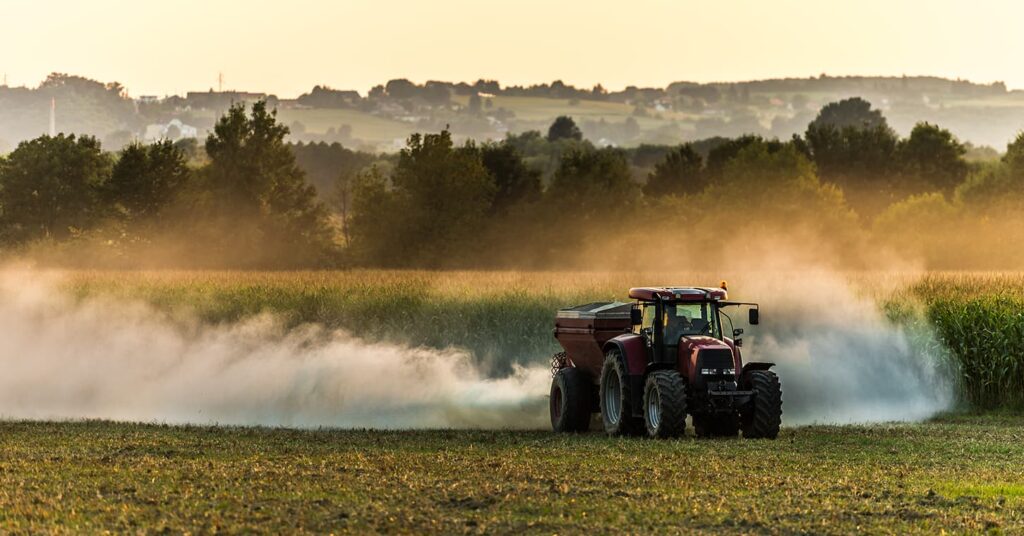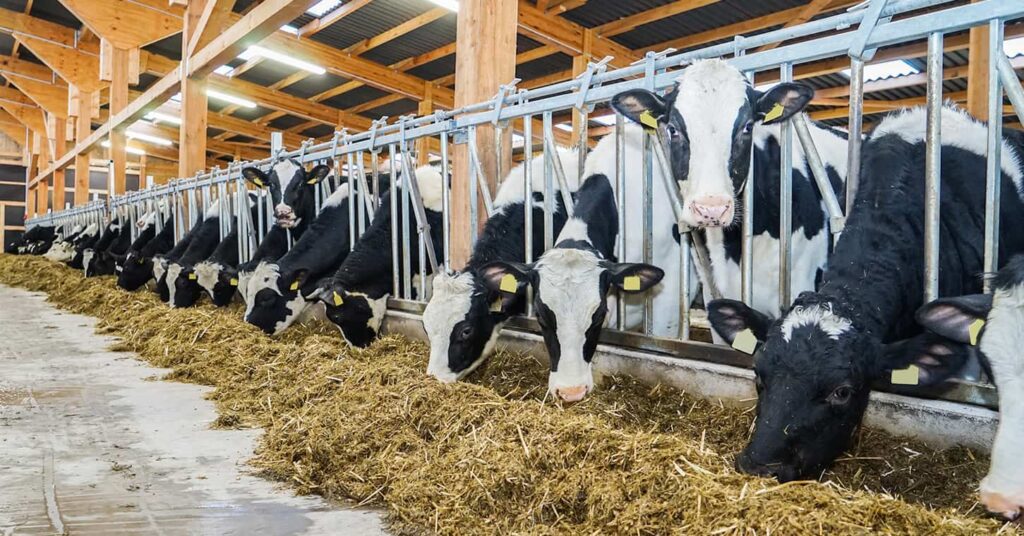Wide range of possibilities
Lime is an extremely versatile natural material. But what exactly is it needed for? And which everyday products contain lime or limestone? Learn more in our application overview!
Applications
- Industry
- Environment
- Construction Materials
- Underground Road Construction
- Agriculture

Iron and steel industry
Cars, wind turbines, construction steel: all steel products require lime in their manufacture.

Glass industry
Limestone is one of the most important components of glass products.

Chemical industry
Many chemical reactions could not take place without lime products.

Sugar industry
Of course, nobody sprinkles lime in their coffee. But without it, sugar production would not be possible.

Air pollution control
Special lime and limestone products clean exhaust gases and thus ensure low emission values.
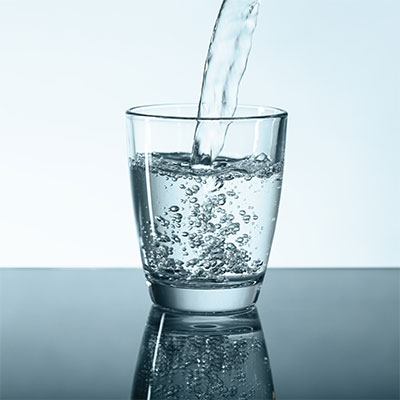
Drinking water treatment
For clean water, we cannot do without lime.
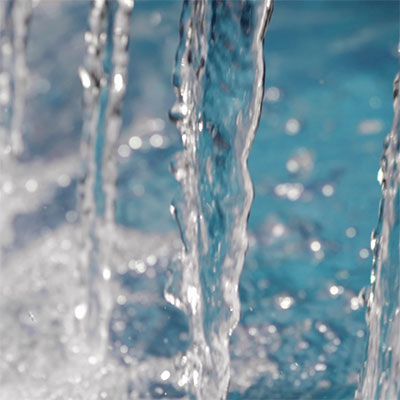
Wastewater treatment & sludge treatment
According to the Federal Statistical Office, almost 10 billion cubic metres of wastewater are treated in Germany every year.

Lake liming
Large quantities of lime are used for neutralisation during the remediation of former open-cast mining pits.

Sand-lime brick
Sand-lime brick consists of the natural materials lime, sand and water.

Aerated concrete
The special properties of aerated concrete are excellent thermal insulation and low weight.

Plaster and mortar
Even in ancient times, master builders produced mortar with the addition of lime.
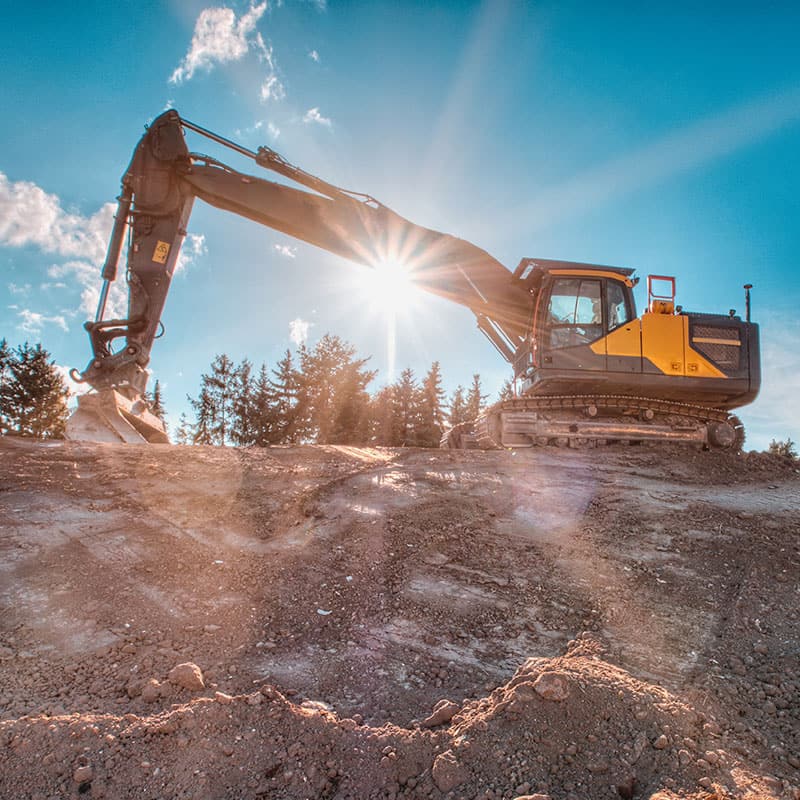
Erdbau
Quicklime in the soil provides stability, regulates moisture and protects against frost damage.

Road and path construction
From the substructure to the surface course: limestone in different grain sizes is used everywhere in road and path construction.

Concrete chippings
As an aggregate in concrete, limestone provides particular strength.

Hydrate in asphalt
Roads should be durable, load and weather resistant. Hydrated lime in asphalt mixtures is a good complement to achieving this.

Fertiliser
Farmers need to regularly lime their soil and fields to ensure a good harvest.

Sanitisation
No chance for germs: Lime improves animal health in livestock housing.

Feed lime
Feed lime provides livestock with important trace elements and minerals. As a purely natural product, it does not require any chemical additives.






































































